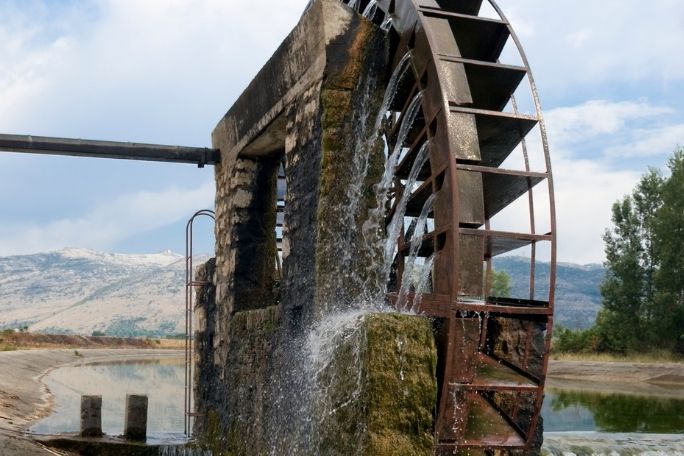Lesson summary
Students will explore a website and then discuss core principles of sustainable energy production in relation to the operations of Hydro Tasmania. They will consider points of difference between sustainable and non-sustainable practices of companies and individuals and how these practices affect the Earth and its people.
Learning intentions:
Students will...
- extend their knowledge of the issue of ‘sustainability’ in energy production and usage
- develop an increasingly complex core of terminology relating to sustainable energy production.
Lesson guides and printables
Lesson details
Curriculum mapping
Australian curriculum content descriptions:
Year 7 Science:
- Water is an important resource that cycles through the environment (ACSSU116)
- Science and technology contribute to finding solutions to a range of contemporary issues; these solutions may impact on other areas of society and involve ethical considerations (ACSHE120)
Year 8 Science:
- Science understanding influences the development of practices in areas of human activity such as industry, agriculture and marine and terrestrial resource management (ACSHE136)
- Science and technology contribute to finding solutions to a range of contemporary issues; these solutions may impact on other areas of society and involve ethical considerations (ACSHE135)
Syllabus outcomes: SC4-12ES, SC4-13ES, SC4-11PW.
Time required: 60 mins
Level of teacher scaffolding: High – oversee activity and lead discussion.
Resources required
- Teacher Resource Sheet for the teacher’s use only
- Student Worksheet – one copy per student
- OR computers/tablets to access the online worksheet
- Device capable of presenting a website to the class
Additional info
This lesson has been developed in partnership with
Hydro Tasmania.
Hydro Tasmania has been at the forefront of clean energy innovation for one hundred years. It is Australia’s largest producer of clean energy – generating hydro and wind power – and the largest water manager. Hydro Tasmania has 55 major dams, operates 30 hydropower stations and has built some of Australia’s largest wind farms.
Hydro Tasmania also sells energy in the National Electricity Market through its retail business Momentum Energy, and sells its expertise internationally through its consulting business Entura.
Visit the Hydro Tasmania website to learn how the business is working towards Australia’s clean energy future.


Welcome back!
Don't have an account yet?
Log in with:
By signing up to Cool.org you consent and agree to Cool's privacy policy to
store, manage and process your personal information. To read more, please see
our privacy policy here(Opens in new tab).
Create your free Cool.org account.
Many of our resources are free, with an option to upgrade to Cool+ for premium content.
Already have an account?
Sign up with:
By signing up to Cool.org you consent and agree to Cool's privacy policy to
store, manage and process your personal information. To read more, please see
our privacy policy here(Opens in new tab).